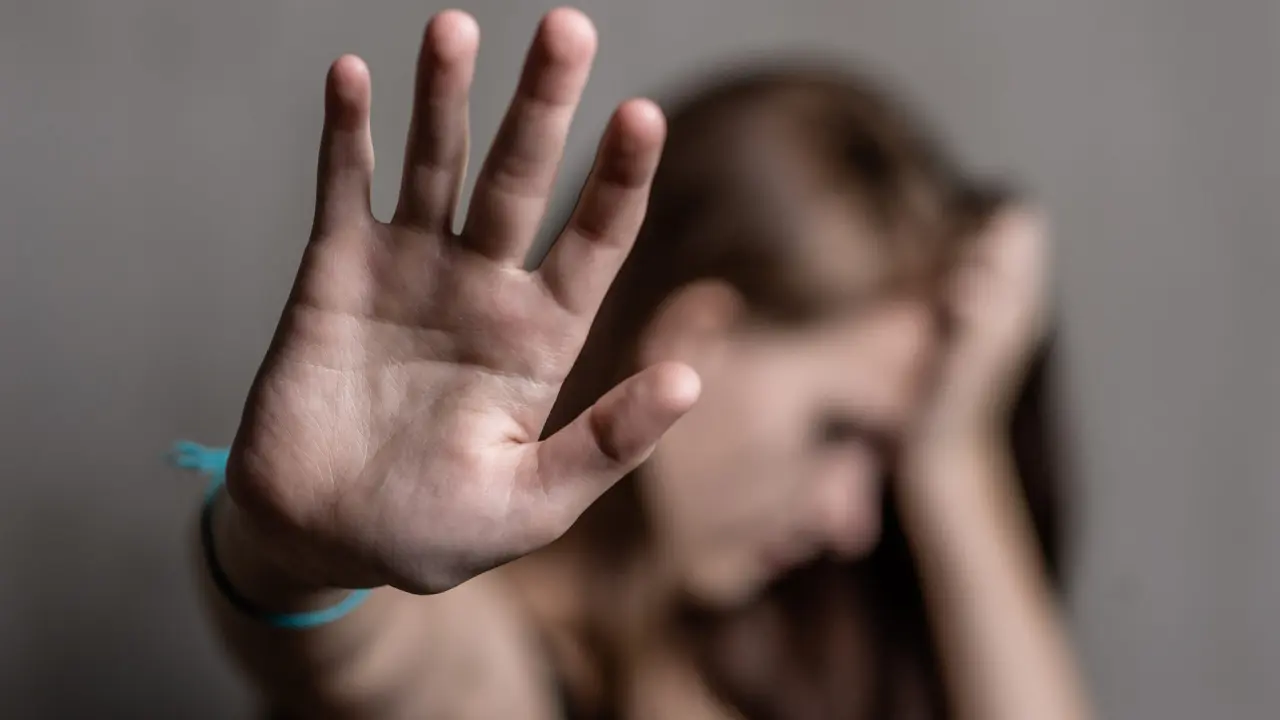When someone sings of emotional abuse, they are being used to manipulate, shame, embarrass, criticize, or otherwise control the victim. Although it is more prevalent in romantic and married partnerships, mental or emotional abuse can transpire in any kind of relationship, including those between friends, family, and coworkers. Emotional abuse has the fundamental purpose of controlling the victim by defaming, stifling, and isolating them. Because it can be so subtle and sneaky, it is one of the most difficult types of abuse to identify. This article will explore some signs of emotional abuse their types, examples, and many more.
Sings of Emotional Abuse
Signs of emotional abuse are not always evident, unlike physical abuse, which can make it challenging to identify. Emotionally abusive individuals go to considerable lengths to control their victims and minimize the effects of their abuse, even in situations where the mental abuse is more obvious. They frequently go so far as to say that there was no abuse or maltreatment at all. Signs of emotional abuse develop gradually over time. It can be challenging to identify the warning signs and symptoms when the words and behavior are minimized or normalized.
Some Signs of Emotional Abuse:
- Insufficient self-assurance and respect
- inability to regulate one’s emotions
- Extreme behavior, such as exhibiting violent, demanding, or passive tendencies or having frequent outbursts
- Having trouble forming and sustaining relationships
- inappropriately childlike or adult-like behavior
- persistent absences from school or running away from home
- Fear, discontent, or retreat
- Having little to no friends
- appearing to be cut off from one’s family or parents
- Insufficient social skills
- Suicide attempts or self-harm
- Young children may not form a strong bond or relationship with their parents.
- Infants or toddlers may show excessive affection toward strangers.
- regularly calls you unpleasant or derogatory names, makes fun of you, or offers criticism
- Behaving very possessive or jealous of you
- humiliates or shames you in any manner
- separates you from your friends, family, and community
- prevents you from forming new relationships or joining social circles
- ignores you for several hours, days, or weeks
- refuses to speak, listen, or react to you
- makes you feel under pressure to commit, and if you don’t, they get upset or pout.
- uses weapons to intimidate you or makes threats to harm you or them
- makes threats to harm your family, friends, or pets
- repeatedly makes up details about their whereabouts, activities, and companions
Types of Emotional Abuse
There are various ways that emotional abuse can manifest itself, such as:
- Charges of infidelity
- Continuously monitoring or trying to exert control over the actions of the other person
- Regularly debating
- Gaslighting
- Removing the person from their social circle and family
- Verbal abuse and calling names
- refusing to engage in the partnership
- Accusing or disparaging
- tactful treatment
- Disregarding the worries of others
- avoiding showing love and care
How do you handle emotional abuse?
Trust your gut if you think you’re being abused emotionally.

Here are some pointers to get you started:
Never attempt to fix them
Although you may want to assist, abusive individuals frequently find it difficult to alter their behavior without the assistance of a professional. Though you can support them in seeing a therapist, it is ultimately up to them to decide.
Refrain from blaming yourself
Never forget that regardless of what you’ve said or done, you never deserve abuse. The individual committing abusive behavior is the only one who bears responsibility.
Set your needs first
You can progress to a point where you feel comfortable establishing boundaries, asking for help, and leaving the abusive situation by taking care of your physical and emotional needs.
Stay away from them
Never respond to their emails, texts, or phone calls. Try to keep someone else with you and restrict your conversation to important subjects if you are unable to avoid working or spending time with them.
Establish personal limits
Decide how you will not give in to pressure or become involved in disputes. Tell the person abusing tactics what those boundaries are, and then honor them.
Create a network of support
While talking to loved ones and a caring therapist about what you’ve gone through may feel scary at first, doing so will help you receive the support you need.
What is the emotional state of abuse victims?

Those who have experienced emotional or mental abuse often display the following signs:
- Symptoms of fear, anger, upset, or withdrawal
- Not being able to focus or finish the tasks
- Difficulty falling asleep as a result of disturbing dreams or thoughts
- Easily agitated by routine adjustments
A victim of emotional abuse can suffer greatly in many ways. To determine whether the abuse can be stopped, both the victim and the abuser must choose to attend relationship counseling.
Examples of Emotional Abuse
There are many different types of emotional abuse, and those who perpetrate it can seriously damage their victims in a variety of ways. According to studies, emotional abuse in romantic and intimate relationships can be just as damaging as domestic violence or physical abuse. Examples of specific emotional abuse include the following:
Emotional blackmail:
This type of control manipulates behavior by appealing to feelings. An abuser a verbally abusive parent, intimate partner, or other loved one may utilize guilt, fear, or humiliation to get you to comply with a demand after making one. Moreover, denying affection and treating someone silently are frequent strategies.
Untestable expectations:
Nothing you do will ever be sufficient if an abuser has unreasonable expectations. An abusive person may insist that you spend all of your time with them or get upset if you can’t recall certain details of what happened.
Validating your feelings:
An abuser will attempt to tell you how you should feel rather than accept your feelings. If you voice concerns, you might be labeled as crazy or too sensitive. You might hear comments like “demanding” or “needy” when you try to communicate your needs or wants.
Neglect:
Emotional abusers frequently criticize a victim’s actions excessively. Your abuser might find fault with your appearance, your speech, or even your gait. You might get the impression from this that you have to tread carefully to keep everyone calm.
Conclusion
Any action intended to harm, subjugate, or control you is considered abuse. It may originate from strangers, coworkers, friends, family, or romantic partners. Although it may be more covert, emotional abuse can erode your sense of personal power and self-worth over time. Though suffering emotional abuse over time may lead you to believe that you are to blame, it is never your fault. The warning signs of emotional abuse can be hard to recognize. While you might not be able to spot some of the abusive behaviors in another person, you might be able to spot some changes in yourself.
Frequently Asked Questions
Which five cycles of emotional abuse are there?
The five cycles of emotional abuse are entanglement, extreme overprotection, overindulgence, complete neglect, rage, and rejection or abandonment. “Five Cycles of Emotional Abuse: Codification and Treatment of an Invisible Malignancy.”
What neurological effects does emotional abuse have?
Early signs of emotional abuse may alter the hippocampal structure, making it more difficult to understand and relate to other people’s feelings. Self-knowledge. The prefrontal cortex and temporal lobe, two brain regions that are important for emotion regulation and self-awareness, are thinned out as a result of emotional abuse.
What social effects does emotional abuse have on you?
A person may struggle in other relationships if they experience emotional abuse as a child or in a relationship. Individuals who were abused as children are susceptible to attachment disorders. They may find it challenging to establish fulfilling romantic and social relationships in the future as a result.
How does emotional abuse affect women?
Remaining in a verbally or emotionally abusive relationship can have long-term consequences for your physical and mental well-being, such as increasing your risk of developing anxiety, depression, or chronic pain. Find out more about how it affects your health.
What distinguishes signs of emotional abuse from mental abuse?
Signs of emotional abuse are directed toward the victim’s emotions and are used as a tool for control, punishment, and manipulation. Mental abuse is more concerned with challenging and influencing a person’s way of thinking and perspectives on reality than it is with attacking their feelings. A victim of psychological abuse may start to doubt their surroundings.
